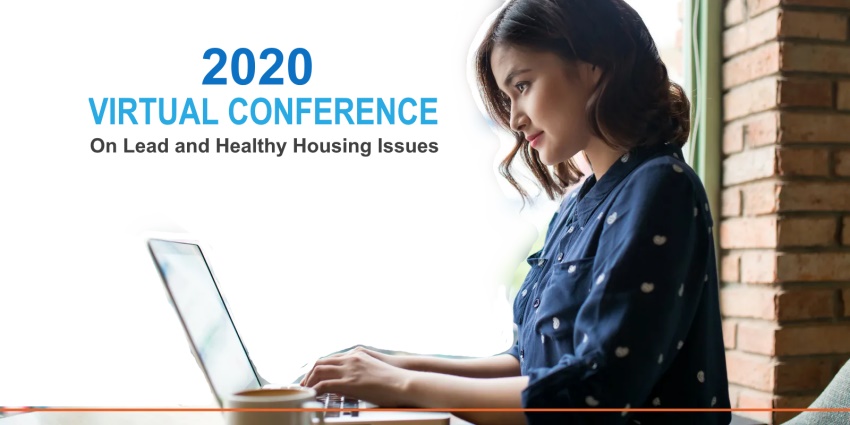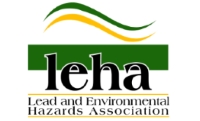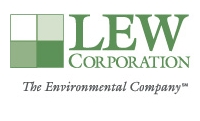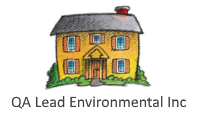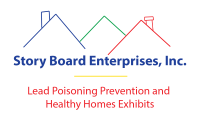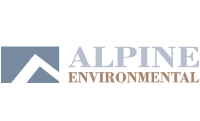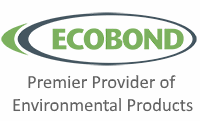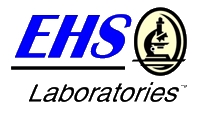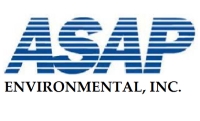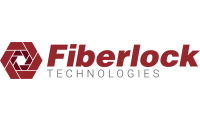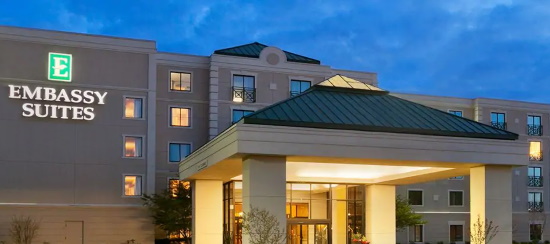Expand Your Expertise and Knowledge through the 2020 Virtual Conference on Lead and Healthy Housing. A great learning event that will provide you with over 30 conference sessions, originally streamed August 31 – September 4, 2020 and is now available on demand through October 31, 2020.
The Virtual Conference has been pre-approved for 28 hours of CEUs by the National Environmental Health Association
Presentation Topics and Presenters
Here is a Partial Listing of Topics and Presenters
Building Better Health through Housing Code Transformation and Innovation: Recommendations for Local Government
(Sarah Goodwin, Anna Plankey and Dave Jacobs, National Center for Healthy Housing)
Using social media and mass media to reach at-risk populations
(Kate Kirkwood, K Kirkwood Consulting)
How to increase landlord and contractor participation in a grant program
(Kate Kirkwood, K Kirkwood Consulting)
Optimizing smoke-free housing rules: Development of Evidence Based Approaches using Implementation Science
(Vaughan Rees, Harvard Chan School of Public Health)
Community based participatory approach to designing a community health worker and supervisory training for asthma.
(Nuha Elkugia, Public Health Seattle and King County, WA)
Weatherization plus Health: Integrating home improvement programs with asthma health education for low-income residents.
(Brad Kramer, Public Health – Seattle and King County, WA, and Judy Olsen, Tacoma-Pierce County Health Department, WA)
Lead and toxics program: community identified and culturally appropriate strategies and actions
(Brad Kramer, Candace Jackson, Public Health – Seattle and King County, WA)
New and emerging sources of lead poisoning and how to convince parents to stop using leaded products
(Kate Kirkwood, K Kirkwood Consulting)
Bridging Silos: Local Environmental Health Collaborations Leading to Primary Prevention
(Katrina Korfmacher, Department of Environmental Medicine, University of Rochester Medical Center)
Health department strategies for implementing Health in All Policies (HiAP) to reduce and prevent lead exposure.
(Amanda Reddy, National Center for Healthy Housing, Audrey Keenan, National Environmental Health Association, Gabriell Gassaway, Louisville Metro Department of Public Health and Wellness, Morgan Willming, Idaho Department of Health and Welfare)
Healthy housing in the aftermath of natural disasters
(Dave Jacobs, Chief Scientist, National Center for Healthy Housing)
Potential restored: changing the developmental trajectory of lead exposure through Early Intervention programs
(Kaylan Szafranski and Stephanie Salgado, Legal Council for Health Justice)
The Role of Community Development Sector in Lead Poisoning Prevention, Services and Policy
(Elyse Pivnick, Isles, Inc.)
Understanding the basics of a good surveillance system, building performance indicators for those characteristics, and taking surveillance data to decide where to take action and how to effect change
(Stephanie Yendell, Minnesota Health Department)
Unhealthy homes: common problems and corrective actions, recommendations and requirements
(Tom Laubenthal, The Environmental Institute, ATC Group Services, LLC)
Proactive Rental Inspection Programs: An Underutilized Tool for Lead Poisoning Prevention, Promoting Healthy Housing and Advancing Health Equity
(Cesar De La Vega and Greg Miao, ChangeLab Solutions, Jill Witkowski Heaps, University of Buffalo School of Law and Earthjustice, and Amanda Reddy, National Center for Healthy Housing)
Update on EPA’s lead in paint and dust clearance standards
(Tom Neltner, Environmental Defense Fund)
Update on EPA’s lead in drinking water rule
(Tom Neltner, Environmental Defense Fund)
Pest control and COVID-19: What’s essential
(Susannah Reese, Stop Pests in Housing, Northeastern IPM Center, Cornell University)
Reaching the highest at risk populations
(Melisa Illies, Hennepin County Housing and Economic Development and Lisa Smestad, Minneapolis Health Department)
The process for conducting lead hazard control projects in light of COVID-19 restrictions and conditions
(Ron Peik, CEO, Alpine Environmental)
The social contract of smoke-free housing: Understanding barriers to compliance with smoke-free housing policy in multi-housing units in NYC
(Diana Hernandez, Columbia University-Mailman School of Public Health)
Non-residential sources of lead poisoning, including home remedies, cookware, spaces and products
(Joseph Laquatra, Jr., Cornell University Department of Design and Environmental Analysis)
How to construct a successful application for HUD’s Lead Hazard Control and Healthy Homes grants
(Jo Miller, Senior Communications Consultant, National Center for Healthy Housing)
New tools for community advocates to build better lead local prevention policies
(Jill Witkowski Heaps, EarthJustice)
Understanding and dealing with hoarders
(Venessa Phearson, Cendecon)
A series of healthy housing inspection and remediation topics
(Michael Sharp, Director of Training HMS/FACS, Forensic Analytical Consulting Services)
When Will the Virtual Conference Take Place?
Presentations on all of the conference sessions listed above will be made available at specific days and times from August 31 – September 4, 2020. Afterwards all of the presentations will be accessible on demand through October 31, 2020.
Where Will I View the Virtual Conference?
Wherever you’re most comfortable. Since this is a virtual conference, you will be accessing all of the presentations online through a computer or mobile device that has an Internet connection and can play videos and sound.
What if I Can’t Make Some of the Sessions?
No problem. You will have access to a recorded version of all the sessions until November 1, 2020.
Will CEUs be Awarded?
The virtual conference has been pre-approval for 28 CEU hours from the National Environmental Health Association. Registrants will receive the NEHA pre-approval letter and the Certificate of Completion along with their registration confirmation letter.
Registration Information
The registration fee of $89.00 entitles you access to all the conference presentations from August 31 – September 4, 2020, plus on demand access to all of the recorded presentations through October 31, 2020. Once you have submitted the registration form we will send you a confirmation email that will include information on how to access the online conference.
Ways You’ll Benefit by Registering
ENGAGE
in educational programs that are excellent learning and technical assistance sessions
EXPLORE
TAKE
hundreds of new ideas to your work
Help You Meet the Challenges
Environmental health practitioners, health educators, environmental hazard remediation professionals, and building operators face growing challenges. From tight budgets to issues of political and public support to determining appropriate work practices and to questions of environmental science, they all face mounting concerns of how to effectively operate and sustain programs, projects and businesses. The main purpose of the conferences is to help attendees explore solutions to the challenges that are encountered each day in efforts to implement success programs.
Who Should Attend?
Have Any Questions or Interested in Making a Presentation for a Future Conference?
Contact us using the following secure email form.

